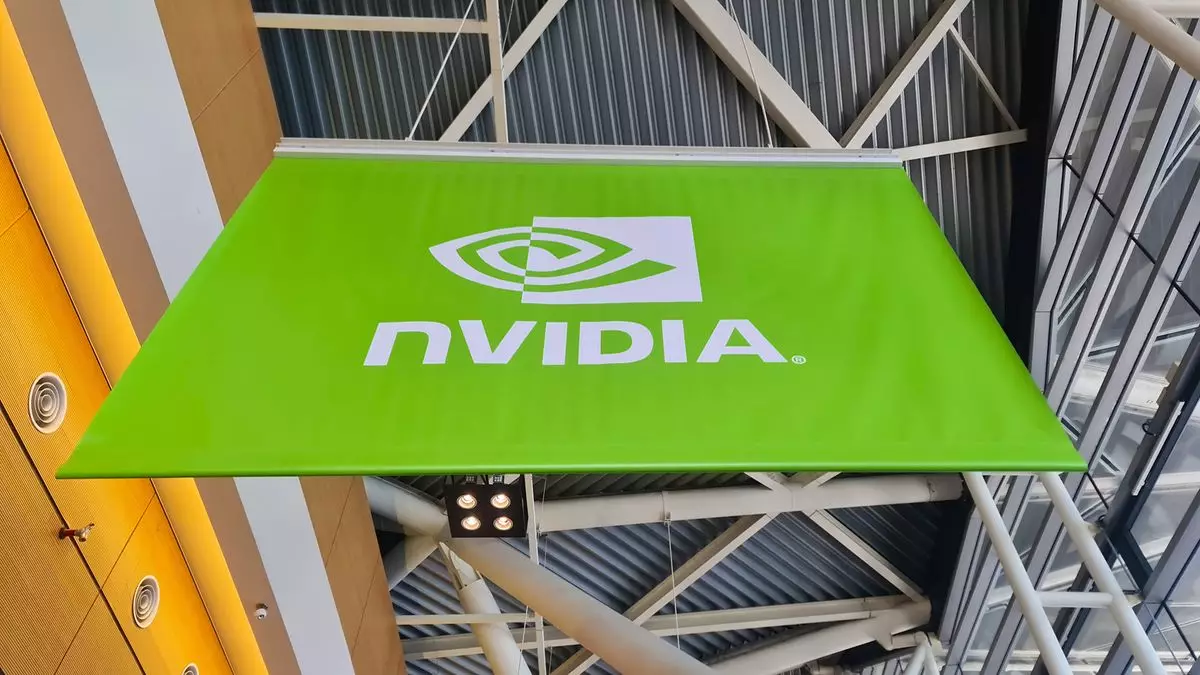Nvidia, a prominent player in the semiconductor industry, has recently found itself entangled in a significant legal debacle that underscores the tension between corporate governance and investor protection. At the center of this conflict is a class action lawsuit initiated in 2018, which claims Nvidia misled investors about its dependence on the cryptocurrency market, violating the established norms of the 1934 Securities Exchange Act. This situation is emblematic of a broader struggle within the legal system regarding how much accountability corporations have to their investors and the thresholds necessary for litigation to proceed.
Nvidia’s position in the market has been precarious due to the intersection of its business dealings and the surge in cryptocurrency mining, which unexpectedly ramped up demand for its graphics processing units (GPUs). Back in 2022, Nvidia found itself compensating for past omissions regarding its revenue dependency on crypto sales, culminating in a $5.5 million settlement with the Securities and Exchange Commission (SEC). This lack of transparency sparked outrage among investors who felt misled, as the company had previously downplayed the significance of crypto sales. While Nvidia did manage to dodge some liabilities through these settlements, the resurfacing of the 2018 lawsuit suggests that these issues are far from settled.
As Nvidia seeks to dismantle the 2018 class action lawsuit, its arguments have reached the U.S. Supreme Court. The core of Nvidia’s defense lies within the stipulations of the 1995 Private Securities Litigation Reform Act, which was designed to curb frivolous lawsuits within securities markets. The wording of this act has sparked an intense debate over whether plaintiffs should be required to present substantial evidence before even having their case heard. Notably, Justice Ketanji Brown Jackson posed an essential question regarding the plausibility of requiring upfront evidence at this stage of litigation. This exchange lays bare the underlying complexities and implications of the legal framework around securities fraud cases.
If the Supreme Court sides with Nvidia, this could set a troubling precedent. A ruling in favor of Nvidia might impose more stringent rules on what constitutes a reasonable basis for initiating a class-action lawsuit. This alteration in the legal landscape could serve as a deterrent for potential plaintiffs, effectively muzzling accountability mechanisms for large companies. Given the ongoing litigation involving Meta, this month might mark a pivotal juncture in how securities fraud cases are handled across the U.S.
The motivations behind the lawsuit are equally intriguing. One might argue that the current litigants are not those who benefited from Nvidia’s stock surge following its booming sales in the crypto market. Rather, it could be that disgruntled investors who missed out on that lucrative wave are now seeking restitution. This aspect raises questions about investor behavior in aftermath scenarios—when companies enjoy success, how do the sentiments and motivations of investors change? If Nvidia succeeds in quashing this lawsuit due to a lack of evidence, it might be perceived as a slip-up by investors who could have cashed in during a favorable market cycle.
As Nvidia navigates this complex legal terrain, it serves as a reminder of the fine line corporations must walk. With so much at stake, both financially and reputationally, the legal outcomes will likely reverberate far beyond Nvidia itself. Investors and companies alike will be watching to see how the Supreme Court rules on the matter, as the ramifications could redefine the landscape of securities litigation. The question remains: Can and should companies be held to account in a manner that discourages false pretense without inhibiting legitimate inquiry? As this case unfolds, it will undoubtedly provide insights that resonate throughout the investment community and corporate governance corridors for years to come.


Leave a Reply